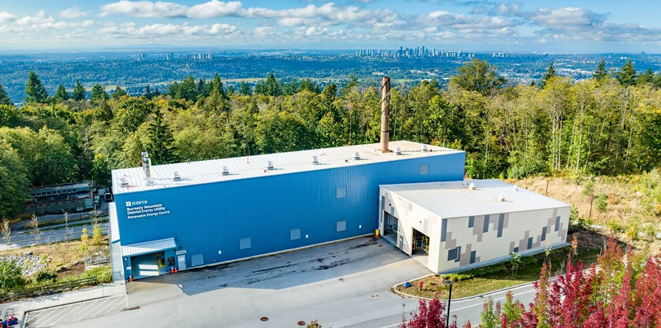Collaborative Research on Energy, Air Pollution, Transportation and Environment (CREATE)
Background
Analysis of urban low-carbon and clean ground transportation is the core of our research at CREATE. Urban transportation accounts for 29% of total GHGs in the US and 24% of total GHGs in Canada in 2019. The government of British Columbia has an ambitious plan of reducing GHGs by 80% by 2050 from the baseline of 2007. In 2018, transportation accounted for 38% of GHGs in BC. In Metro Vancouver, 49% of smog-forming emissions come from the transportation sector. We develop integrated assessment tools and use them to analyze innovative decarbonization pathways for passenger transportation in cities.
Objectives and Methodology
The objective is to study the impact of on road passenger transportation modes and technologies and on urban air quality, greenhouse gas emissions and energy consumption. The research provides insight and guidelines for future regulations, policies, and interventions. It delivers urban transportation pathway(s) towards zero emissions by utilizing alternative pathways such as e-micro mobility and mobility as a service.
The research relies on physics-based and data-driven modeling for emission inventories, dispersion modeling, chemical transport modeling, life-cycle analysis, and traffic simulations.








